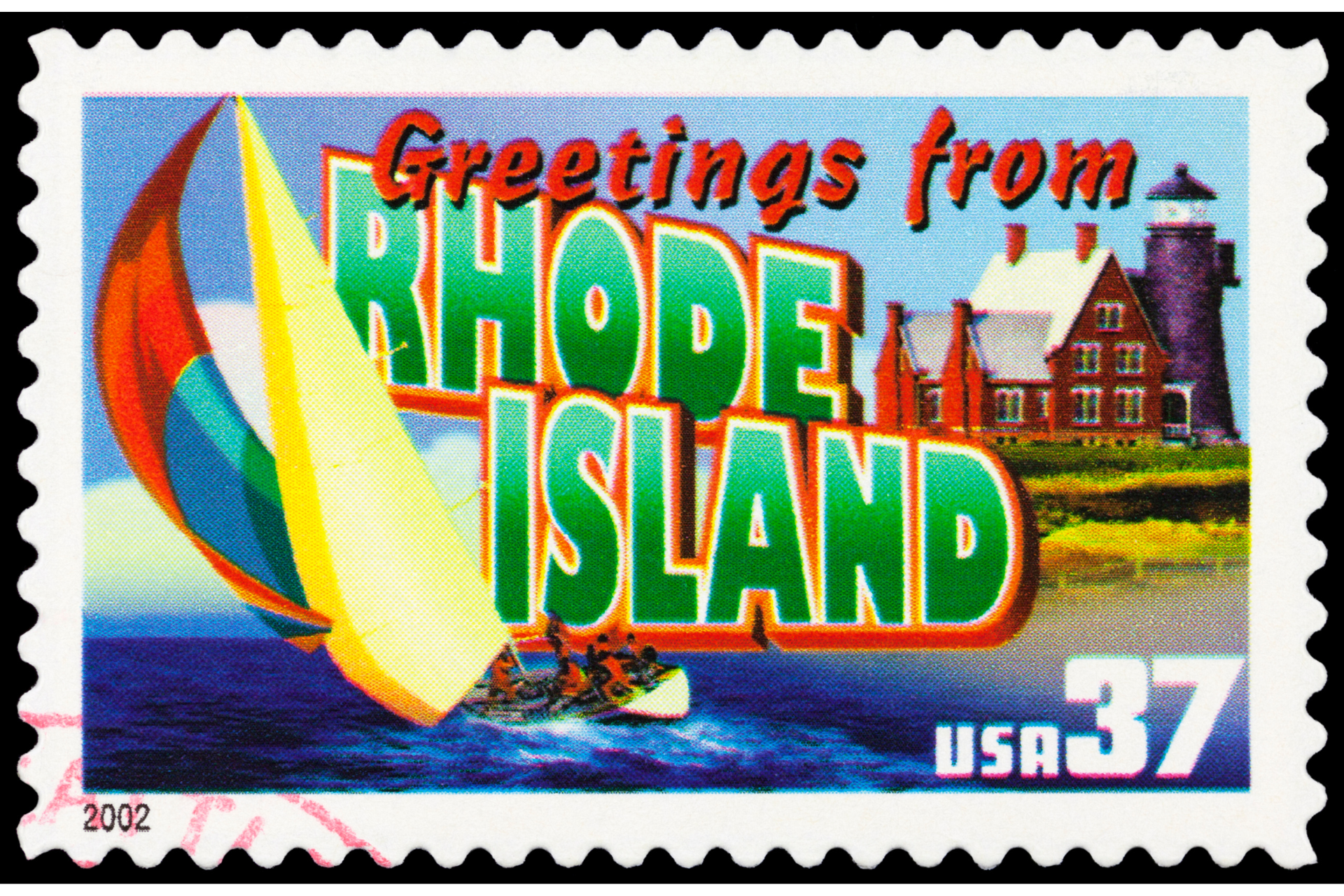Hawaii is facing the devastating aftermath of a major natural disaster, as Puerto Rico has done several times in recent years.
Unfortunately, numerous victims of the recent Maui fire who are originally from one of the freely associated states (Palau, Marshall Islands and Federated States of Micronesia) now face an additional hardship: they do not qualify for assistance from the Federal Emergency Management Agency (FEMA). The FEMA website explains that its disaster assistance does not extend to citizens of the free associated states, even though they can live and work in the United States without a visa.
“When available, life-sustaining resources. . . are available to disaster survivors regardless of citizenship and immigration status,” the website explains. But as an initial matter, a non-U.S. citizen does not qualify for FEMA aid, even those from one of the U.S.’s closest allies – the freely associated states.
Households including a U.S.-born child can qualify for the full benefits of disaster assistance that are otherwise unavailable to the many Compact of Free Association (COFA) migrants who have made Hawaii their home.
What does this mean for Puerto Rico?
As a territory, Puerto Rico can be treated differently from a state. For example, Puerto Rico was not eligible for disaster food assistance after Hurricane Maria, even though the loss of electricity made keeping people fed especially difficult.
Supporters of free association tend to describe life as a free associated state as though it would include more generous benefits for Puerto Rico than the current territorial status includes. In the case of Hawaii, it is hard to argue that Maui would be receiving more U.S. assistance if it were part of a foreign country. What’s less recognized is the different treatment of the Maui victims from the three freely associated states who have made Hawaii their home.
COFA citizens do not receive the same benefits as U.S. citizens, even when they live in the United States. They do not have U.S. citizenship. They have been ineligible for Medicaid. In times of disaster, COFA migrants experience the same terrible hardships as others living in their communities, but — as COFA migrants in Guam learned following the recent typhoon — they often find themselves ineligible for assistance when disaster strikes.
A recent editorial in the Honolulu Star-Advertiser expressed empathy for this community. “This is not the time to exclude anyone,” the writer said, suggesting that Hawaii should “[u]se available community development block grant funds and private donations to provide cash assistance to members of our Maui community who are not eligible for cash assistance from the Federal Emergency Management Agency due to their immigration status. This is especially important for our COFA (Compact of Free Association) migrant families on Maui, who make up a large and important part of the community.”
Some highly optimistic descriptions of benefits in a free association relationship argued by those supporting this status for Puerto Rico do not comport with real life. Voters will need to be made aware of real world experiences of COFA residents before making their decisions on Puerto Rico’s status.


